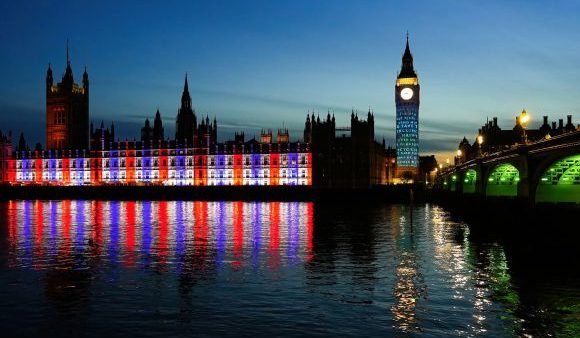Sexual harassment claims and legal enforcement in the hospitality sector, an intensifying threat?

With bosses at McDonald’s publicly acknowledging a grave problem with workplace sexual harassment, we consider the steps employers can take to avoid a similar fate.
What happened?
The fast-food giant has made a legally binding pledge to better protect workers, following an intervention by the regulatory body responsible for enforcing the Equality Act 2010, and a persistent union led campaign. Employers such as Sainsburys and Jaguar Land Rover have followed suit. Employers are legally responsible if a worker is sexually harassed by another worker, where they haven’t taken all steps to prevent it from happening.
Whilst unclear as to how endemic the problem of workplace sexual harassment was across McDonalds’ outlets, the Bakers, Food and Allied Workers Union (BFAWU) – representing the affected workers – cite up to 1,000 separate complaints.
What is the Equality and Human Rights Commission (EHRC)?
Britain’s equality regulator has a range of enforcement powers at its disposal. Commonly it will intervene and enter a ‘section 23’ agreement with the errant employer (in this case McDonalds). This cost-effective option is less burdensome than alternatives such as formal investigation, or worse, court action. The increasingly proactive stance comes as the EHRC continues to work closely with UKHospitality – a leading industry body – to tackle any behaviour, ‘of a sexual nature that violates someone’s dignity or makes them feel intimidated, degraded, humiliated, offended or like they are in a hostile environment. For example, inappropriate comments, touching and jokes’. Hospitality workers are of interest, given the perception that workplace sexual harassment is considered ‘normal’ and part of the job when working in restaurants, hotels, and pubs where alcohol is being consumed.
What did McDonalds agree to do?
Under the legal agreement with the EHRC, they have committed to:
- Communicating a zero-tolerance approach to sexual harassment
- Conducting an anonymous survey of workers about workplace safety
- Enhancing policies and procedures to prevent sexual harassment and improve responses to complaints
- Delivering anti-harassment training for employees
- Introducing specific training and materials to help managers identify areas of risk within their restaurants and take steps to prevent sexual harassment
- Supporting the uptake of policy and training materials by franchisees within their independent organisations to support reporting of sexual harassment
- Monitoring progress towards a safe, respectful and inclusive working environment
Commenting, Alistair Macrow (CEO McDonald’s Restaurants Limited in UK and Ireland) said:
“We will partner with the EHRC to bolster our best practice training and reporting approaches across our business to ensure that our values are understood, lived and acted upon across our organisation.”
What now for employers?
The Equality Act 2010 is unchanged, but the EHRC is tasked with authoring a code of practice on harassment. They’ll likely up the ante on what employers are expected to do to protect workers.
Lately – and to achieve some of the aims of a 2021 consultation – the government has agreed to support the Worker Protection (Amendment of Equality Act 2010) Bill. The private members bill would introduce a duty to prevent workplace sexual harassment from occurring in the first place, upending the ability of employers to escape liability if they can demonstrate that they’ve taken all reasonable steps to prevent it. The Bill would also reintroduce protection for workers harassed by customers – a particular concern for employers in the hospitality sector.
What must employers do?
Revisit policies and procedures on workplace sexual harassment. Even employers who have incorporated the same into their employee handbooks shouldn’t rest easy. The increasingly bullish – and successful – approaches taken by unions will soon run rings around employers who fail to act. Employers must keep policies and procedures on workplace sexual harassment under constant review to ensure that they’re current and in step with the prevailing mood.
Employers should also identify areas of risk and implement training, especially in the case of managers who might be the sole point of contact for complainants at a single hospitality establishment.
Importantly, all workers must be clear on the standards expected and that action will be taken when those standards are breached.





